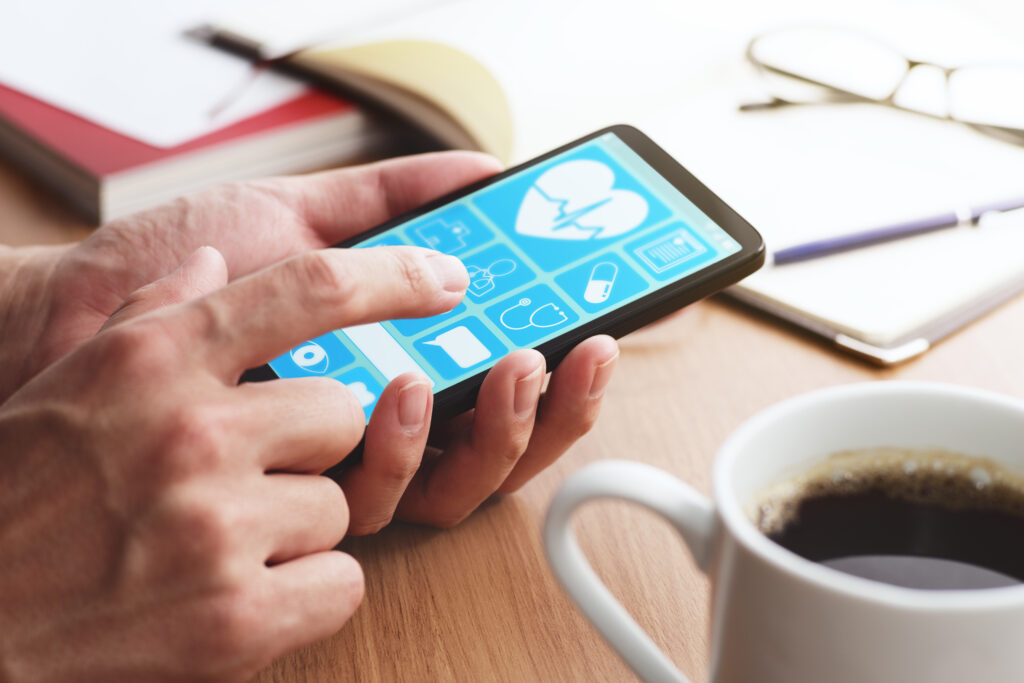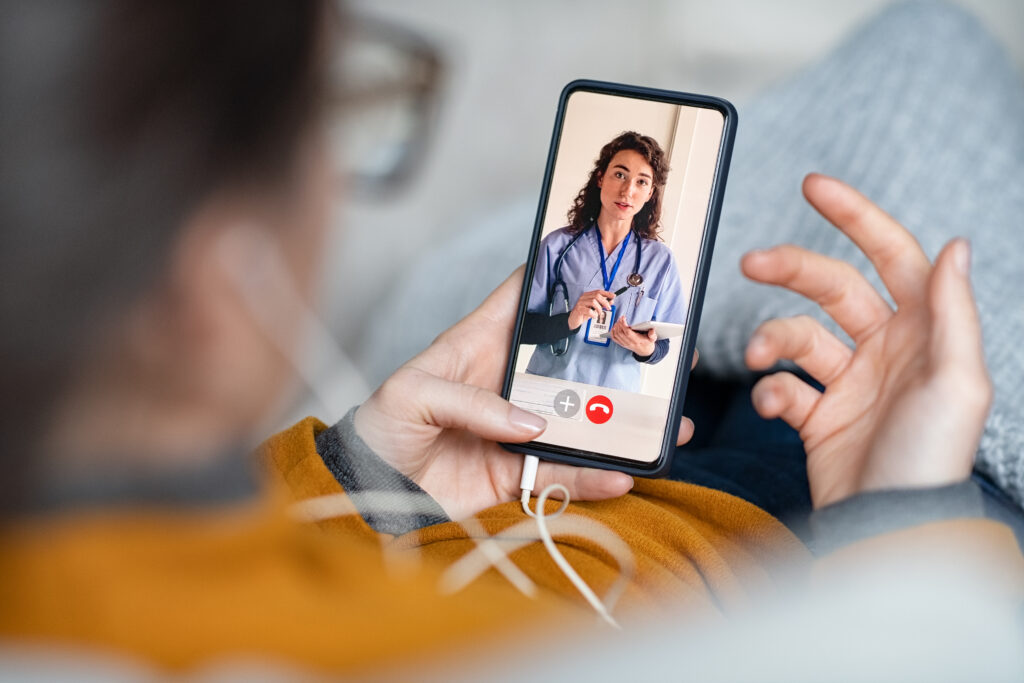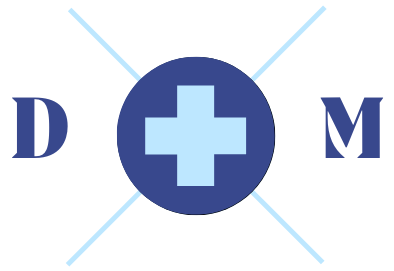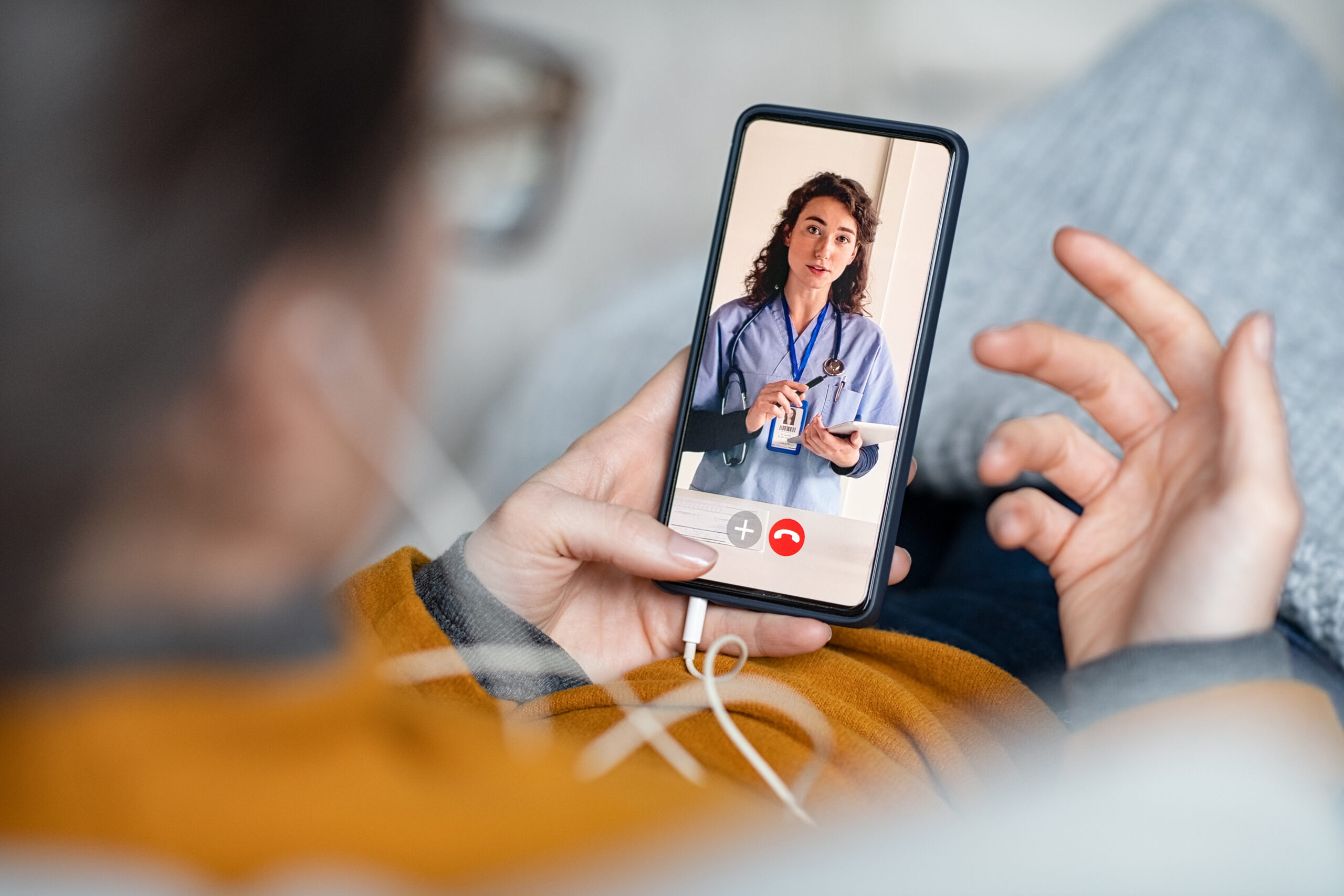
Significant time and resources can now be saved by allowing patients to access their records and ongoing medical information via online portals or phone apps. Instead of requiring an in-person doctor’s visit, telehealth appointments have made diagnoses and prescription management a breeze. While digital security and patient privacy are the biggest concern when it comes to this new world, the fact cannot be ignored that patients do better, retain more information, and pay more attention to their health when allowed to participate at a more functional and granular level. As such, there are plenty of platforms, programs, and apps that can help doctors and patients manage ongoing care and important resources.
Medication Trackers

Medication trackers are absolutely essential for any patient who relies on the regular application of drugs, shots, or exercises on a daily or weekly basis. Apps such as Medisafe provide something easier than a pen-and-paper planner or a calendar reminder. Programs such as this use technology that anticipates days that patients are more likely to forget or skip their medications (such as Fridays and Saturdays, prime traveling times, and holidays) and implement a system of notifications and check-ins to promote adherence and consistency to a patient’s schedule.
Medication trackers are useful for more than just reminders to take a pill. They can be incredibly helpful in recording when medications have already been taken, including the time, the dosage, the name, the date it should be refilled, and more.
Telehealth

An increasing cost in health care stems from patients’ inability or disinclination to make and keep a physical appointment to see a doctor, especially if they’re ill, busy, or overwhelmed. The rise of telehealth apps such as Teladoc and Doctor on Demand provide online services for everything from prescription fills to urgent services. They match patients to doctors in their network and provide quick and easy digital appointments. A particular bonus to programs such as these is that they can accommodate a lot of special needs, including interpreters for the deaf, self-directed programs for patients to follow, and reminders about upcoming health needs, all on the same app.
Mental Health Services

Mental health is an aspect of medicine that can be addressed in small, daily ways by the patient through healthy living, mindfulness, exercise, and nutrition. In larger ways, it can require medication, therapy, and other interventions. Digital services are allowing many patients to find the right balance for their own mental health, especially as it is affected by various factors such as life changes, loss, grief, aging, parenting, chronic illness, seasonality, hormonal fluctuations, and more.
While Teladoc and other apps that offer prescriptions can help a patient manage and adjust their medications, apps such as Talk Space can do that plus connect patients to therapists offering a range of specialties and targeting individuals, couples, families, and children or teens. Talk therapy can be covered by health insurance or paid for out of pocket, but the effects of it can be long-lasting and cathartic for a variety of issues. Mental health can play a huge part in physical health, so addressing concerns early on can save a patient a wealth of trouble in the future.
While the big issues may require the intervention of a therapist, psychologist, or psychiatrist, the everyday maintenance of mental health can be manage through apps like Calm. These are designed to help guide the user through meditation and relaxation exercises that will ultimately improve sleep, focus, and energy levels. Small steps like these apps can keep patients on a schedule that will help regulate the body and mind.



Leave a Reply